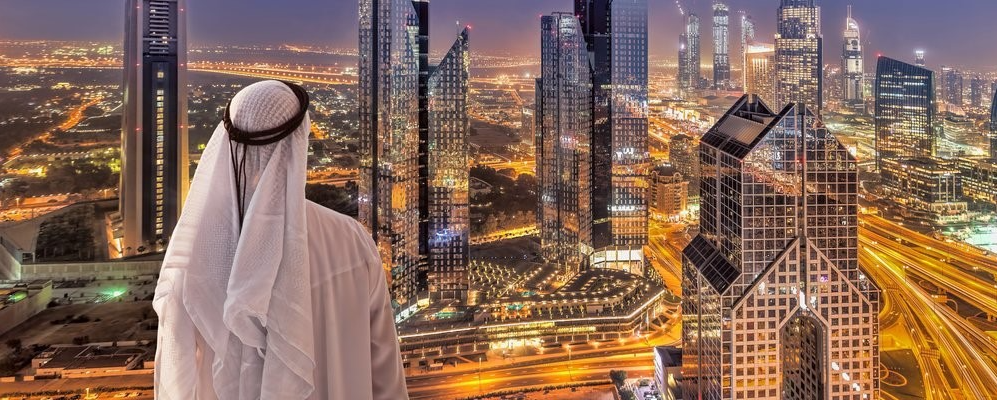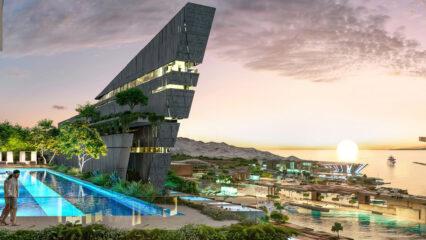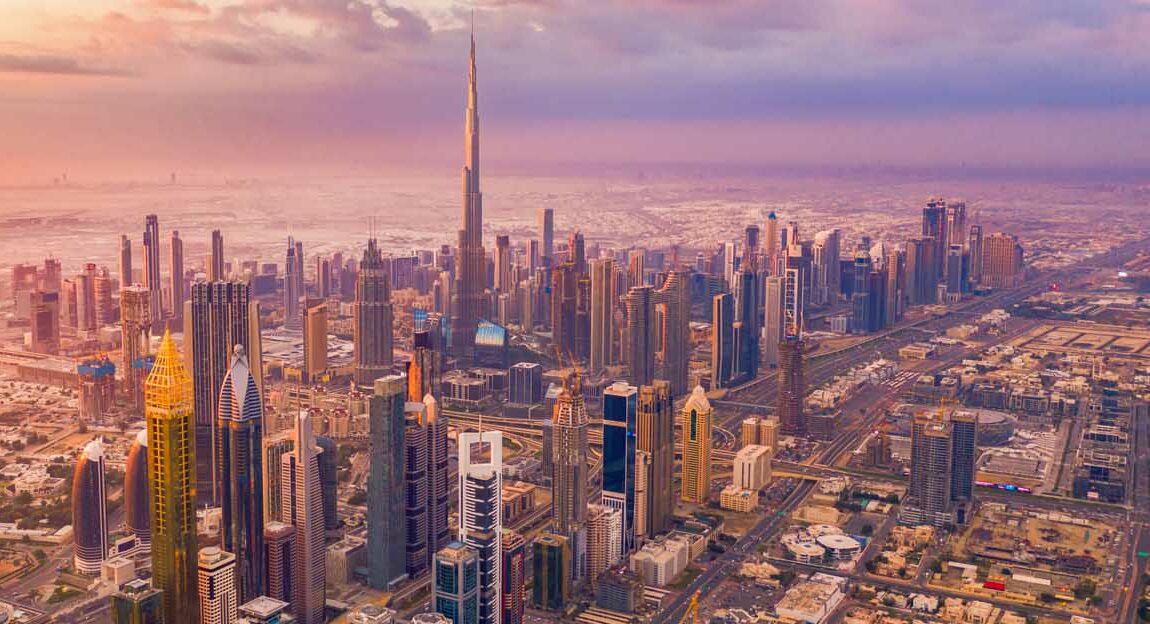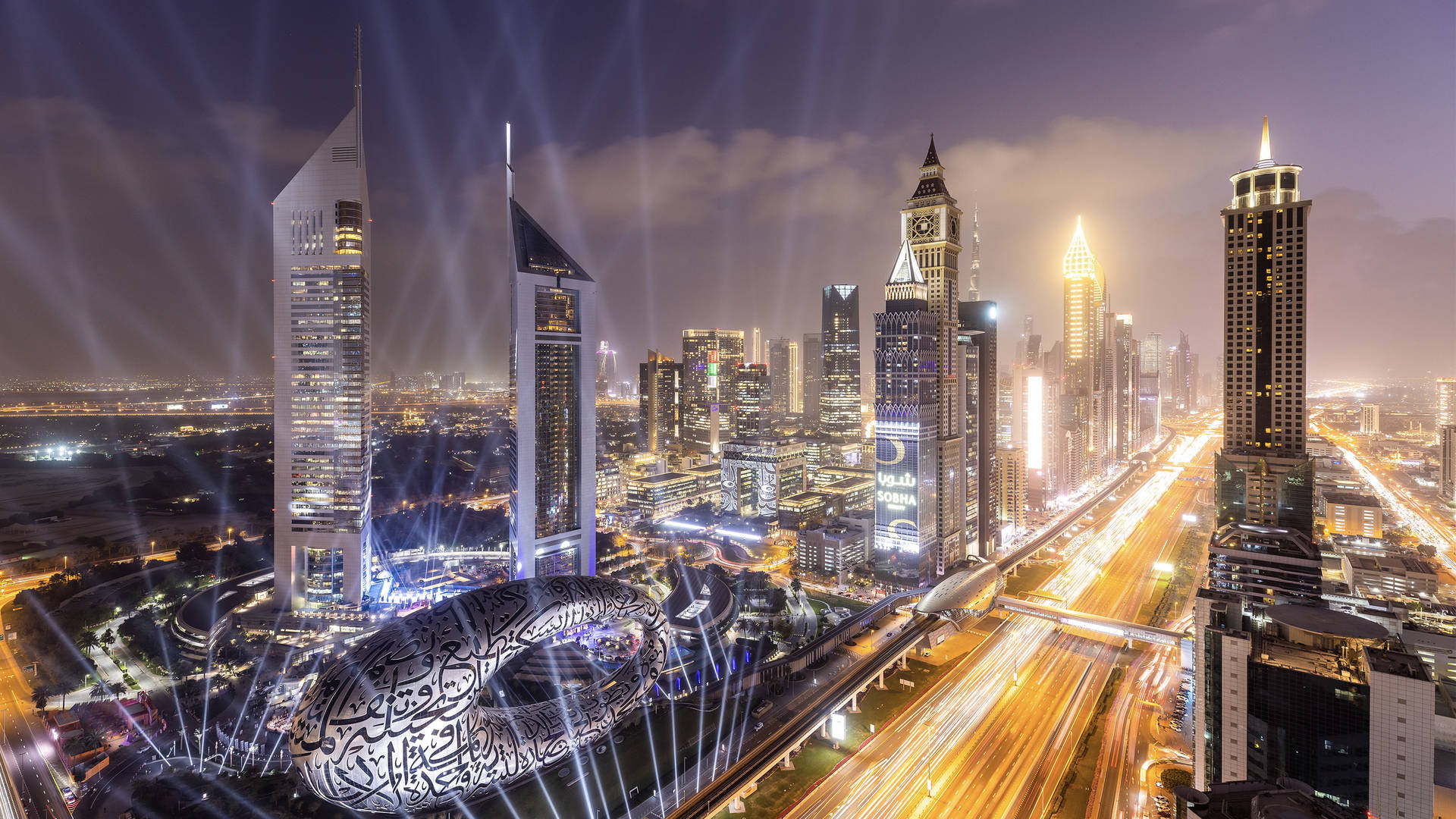The Future of Smart Cities in the GCC
The Gulf Region is undergoing a remarkable transformation — not just in skyline and size of its cities, but also in how they function, grow, and interact with people who live or visit them. Governments across the GCC are racing to build smart cities — large urban areas that use technology to improve quality of life, boost sustainability, and streamline everything from traffic flow to healthcare.
These aren’t just high-tech dreams; they’re real projects already shaping the future of life in the Middle East.
From Concept to Concrete: Mega Smart City Projects
Let’s start with the big names making headlines:
- NEOM in Saudi Arabia: Probably the most ambitious smart city in the world, NEOM is a $500 billion project aiming to be 33 times the size of New York City. Its centerpiece, The Line, will be a 170 km-long linear city with no cars, no streets, and zero emissions. People will live within a five-minute walk of everything they need. Major city services will be operated by Artificial intelligence, and robots may even outnumber people!
- Dubai Smart City in UAE: Dubai has declared its goal to become the happiest and smartest city in the world. It already boasts over 130 smart initiatives, including paperless government services, AI-powered police patrols, and a city-wide blockchain strategy. Every year, Dubai Government introduce more and more ways to reach this goal, improving the quality of life for both its residents and tourists.
- Lusail City in Qatar: Just north of Doha, Lusail is Qatar’s vision of the future. It features smart lighting, automated waste collection, and eco-friendly architecture. It was also a key part of Qatar’s successful 2022 FIFA World Cup.

Technologies of Change in the Urban Environment
Smart cities work because of powerful, invisible technologies running behind the scenes. Here are some of the most exciting ones:
- Internet of Things (IoT): Imagine streetlights that dim when no one’s around, garbage bins that tell the city when they’re full, or sensors that monitor air quality in real time. That’s IoT in action—thousands of connected devices talking to each other to make the city more efficient.
- Artificial Intelligence (AI): In GCC cities, AI is being used to predict traffic jams, reduce electricity waste in buildings, and even manage emergency services. In Dubai, AI systems already respond to some police calls and can spot suspicious behavior through smart CCTV networks.
- 5G Networks: The rollout of 5G enables faster, more reliable internet—which is essential for powering smart vehicles, public Wi-Fi, real-time services, and more.
- Blockchain: Dubai is pioneering blockchain in governance. Everything from land registry to medical records is being moved to decentralized systems for transparency and security.
- Green Building Technologies: Many smart cities are being built with sustainability in mind. Solar panels, smart glass, and energy-efficient cooling systems are helping reduce energy consumption in a region known for its scorching temperatures.
Did You Know?
- Dubai aims to have 25% of its transportation be autonomous (driverless) by 2030.
- In NEOM, the streets are being replaced with multi-layered transportation corridors, keeping cars underground and leaving the surface pedestrian-only.
- Qatar’s Lusail City features district cooling systems, which are 40% more efficient than conventional air conditioning.
Benefits for Everyone
So, what does all this mean for the average person?
- Faster services: Need a license renewed or a building permit? Many smart cities offer digital platforms that let you do everything online in minutes.
- Cleaner air and water: Smart systems monitor environmental health and ensure better quality control.
- Less traffic: With intelligent traffic lights and smart public transport, commuting becomes quicker and less stressful.
- Safety: AI and smart surveillance help cities respond to emergencies faster and reduce crime. With mobile apps and online dashboards, people can instantly report public issues like potholes or broken streetlights, track public spending, or even participate in decision-making through digital voting platforms.
The list of benefits that smart cities offer is practically endless. From reducing environmental impact to streamlining government services, enhancing personal safety, improving public health, and boosting economic growth, smart cities touch every aspect of daily life. As technologies continue to evolve, so too will the range of advantages—many of which we’re only beginning to imagine. In the end, the true value of a smart city lies in how seamlessly it blends innovation with human needs.
What’s Next?
Over the next decade, the GCC’s smart cities will continue to evolve. You can expect:
- More regional integration, where smart cities across the Gulf synchronize valuable data, best practices, react on weather conditions, optimize transportation infrastructure, and much, much more;
- Increased investment in renewable energy, with solar farms and green hydrogen playing bigger roles.
- Smart villages and suburbs, expanding innovation beyond major metropolitan areas.
The GCC’s bold vision is a complete reimagining of how cities work for people and the planet. Whether you’re a resident, tourist, or investor, the smart cities of the Gulf promise a future that’s efficient, connected, and inspiring.
Modern agriculture often feels caught between two worlds: ancestral knowledge passed through generations and digital systems built in laboratories and data centers. Yet these worlds are not opposites.
 The Rise of Cryptocurrency in the UAE: How Bitcoin and Blockchain Innovations Are Shaping the Future of Finance
The Rise of Cryptocurrency in the UAE: How Bitcoin and Blockchain Innovations Are Shaping the Future of Finance
The United Arab Emirates is rapidly emerging as a global hub for cryptocurrency and blockchain technology. This article explores the UAE cryptocurrency landscape in 2025, offering insights into trends, regulations, and opportunities for residents and investors.
 NEOM: The Pinnacle of Innovation in Saudi Arabia’s Vision 2030
NEOM: The Pinnacle of Innovation in Saudi Arabia’s Vision 2030
NEOM, a $500 billion futuristic megacity in Saudi Arabia’s Tabuk Province, stands as a beacon of innovation, sustainability, and economic diversification.
 Gold Price Surge in April 2025: Key Drivers and Forecasts
Gold Price Surge in April 2025: Key Drivers and Forecasts
Gold, a timeless safe-haven asset, has shattered records, peaking at $3,499.92 on April 22, 2025, driven by geopolitical tensions, trade uncertainties, and shifting monetary policies.
Gold, a timeless safe-haven asset, has shattered records, peaking at $3,499.92 on April 22, 2025, driven by geopolitical tensions, trade uncertainties, and shifting monetary policies.
As remote work continues to redefine professional life globally, the UAE is embracing this trend with enthusiasm, positioning itself as a hub for flexible work arrangements.
Global financial advisory and asset management firm Lazard Ltd has announced the official opening of its new office in Abu Dhabi, marking a significant milestone in the company’s regional expansion strategy.




